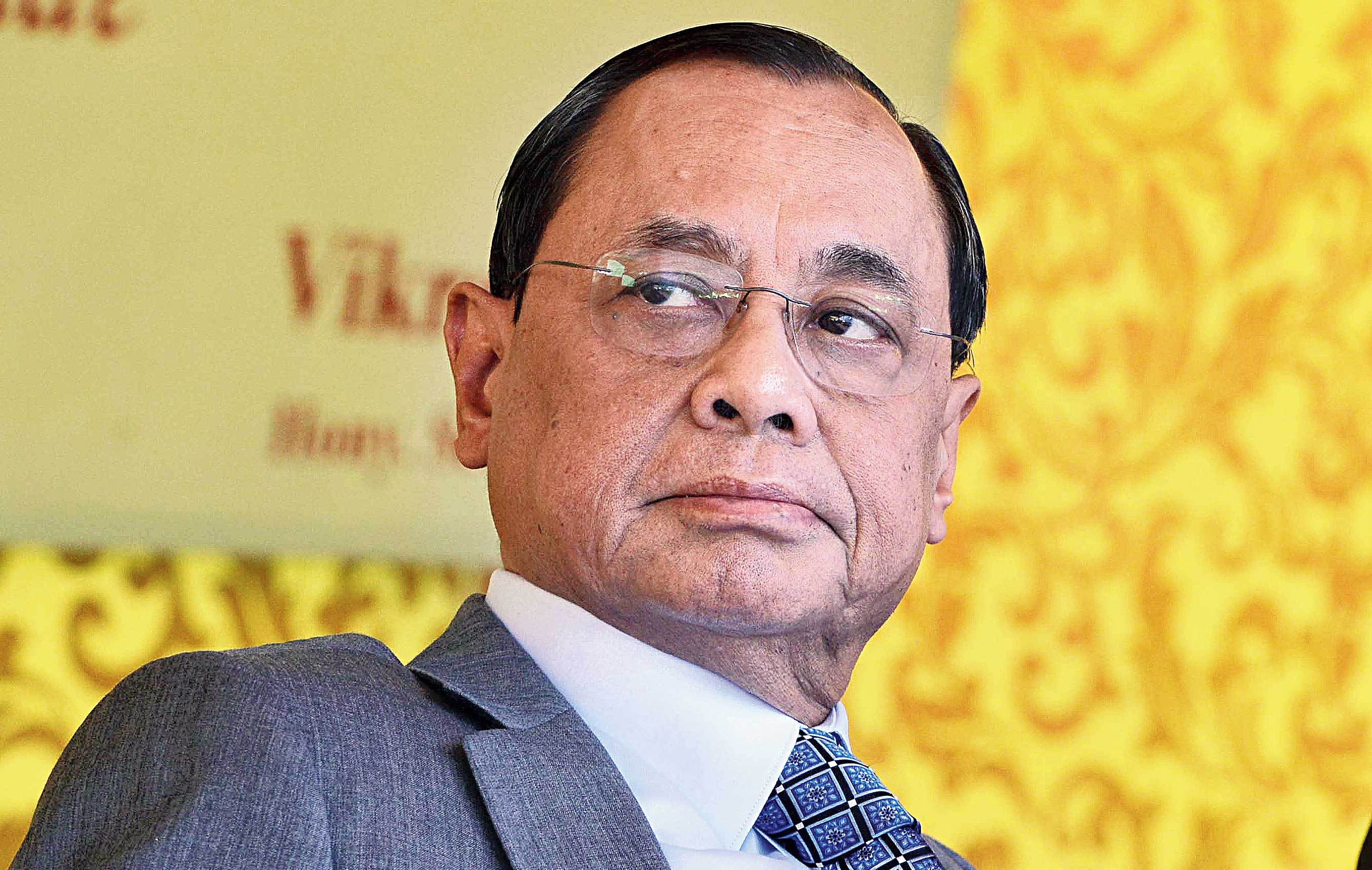The Congress has described the nomination of former Chief Justice of India Ranjan Gogoi to the Rajya Sabha as “one of the most serious, unprecedented and unpardonable assaults on the basic structure of the Constitution, which subsumes the independence of judiciary”.
Congress spokesperson Abhishek Singhvi told a media conference: “This is not about any individual. This is about principles. The principle is: our Constitution is based on a separation of power between the judiciary, executive and legislature. This is a pillar of our constitutional jurisprudence.”
Singhvi added: “Our judiciary thrives, strengthens, works and prospers on perception, on faith, on belief, on trust. All these pillars on which the judiciary stands have taken a beating yesterday. These pillars matter more than the reality and when this is shaken in the minds of the public, the institution is decimated.”
Contending that the precedents cited by the ruling party were misleading and inapplicable in this case, Singhvi said: “The only objective is to derail, divert and digress. They are fooling the people. One example is that of Justice Ranganath Misra. He was appointed to the Rajya Sabha six years after he demitted office as the Chief Justice of India. Then Justice Hidayatullah, who became Vice-President nine years after retirement. The third example is given of Baharul Islam. He was a Rajya Sabha member over six years before becoming a Supreme Court Judge.”
Pointing out that a two-year cooling-off period was mandatory for people in the bureaucracy, Singhvi said: “What is the underlying rationale? It is to snap the nexus, if any, between your previous incumbency and the newer appointment and thereby interpose and interval of time. What is the time here -– four months? Is this not an invitation to the public to put a question mark on the faith and trust in the judiciary which is the most important pillar of our democracy?”
Referring to the growing perception that the judiciary is not able to stand up with its usual vigour and fearlessness against executive and legislative assault, Singhvi said: “It is ultimately a matter where all should look inside and look at the true principle. Your own Arun Jaitley said ‘pre-retirement judgments are influenced by a desire for a post-retirement job...’ He also said – ‘for two years after retirement, there should be a gap (before appointment), because otherwise the government can directly or indirectly influence the courts and the dream to have an independent, impartial and fair judiciary in the country would never actualise’.”
On a question about Parliament session continuing despite the coronavirus scare, Singhvi said: “There is some degree of the contradiction that the Prime Minister, on the one hand, clearly says that you should have social distancing, you should work from home, you have closed schools, colleges. Courts are functioning at 10-20 per cent. On what principle can Parliament be an exemption. Over 2,000 people come here everyday.”











